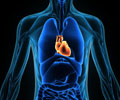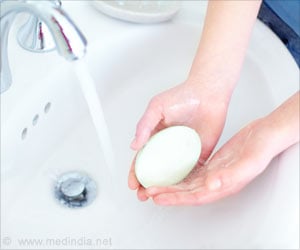Intensive care patients are experiencing loss of muscle mass because their muscles are unable to use fats for energy, according to a new study at the University College London. They can lose about 20 percent of their muscle mass in just 10 days.

‘Patients in the intensive care unit (ICU) are losing their muscle mass because their muscles are unable to use fats for energy.’





"We already knew that our patients have difficulty using glucose to generate energy. Our new data suggests they also find it hard to use fats in the feed we give them to generate energy," said lead author Dr Zudin Puthucheary (UCL Medicine, Institute of Sport, Exercise and Health, and Royal Free London NHS Foundation Trust). The findings suggest the inability to generate energy is likely a result of the widespread muscle inflammation experienced by patients in the early days of intensive care.
The research team took leg muscle biopsies and blood samples from 62 patients on their first and seventh days in intensive care, and tested them for key proteins that are involved in energy conversion. They found that the quantity of fat in a patient's tube feed was unrelated to the amount of energy in the muscle and to changes in quantity of muscle, instead finding a close and direct relationship between impaired energy conversion and loss of muscle quantity.
They also found a build-up of fats in the muscle, suggesting it wasn't being effectively used for energy.
"Fats typically make up close to half of the energy content of tube feeds for critically ill patients. Previous studies into increasing nutrition for intensive care patients have shown conflicting results; our findings help clarify why our patients aren't benefiting from higher-calorie feeds as fats are an ineffective source of energy in the first few days of intensive care," said senior co-author Professor Nicholas Hart (Guy's and St Thomas' NHS Foundation Trust).
Advertisement
"Muscle wasting is associated with increased length of intensive care unit stay and with mortality, so it's vital that we find better ways to ensure that nutrition and rehabilitation programs are effective at preventing muscle wasting," said senior co-author Professor Stephen Harridge (King's College London).
Dr Puthucheary added: "Exercise and rehabilitation in this group is going to be difficult if our patients' muscles lack energy to work and grow. Our patients may need a coordinated nutrition and exercise regime to recover just like athletes do - not just one or the other. This needs to be put in place once the muscle inflammation has subsided."
The study is published in Thorax.
Source-Eurekalert










